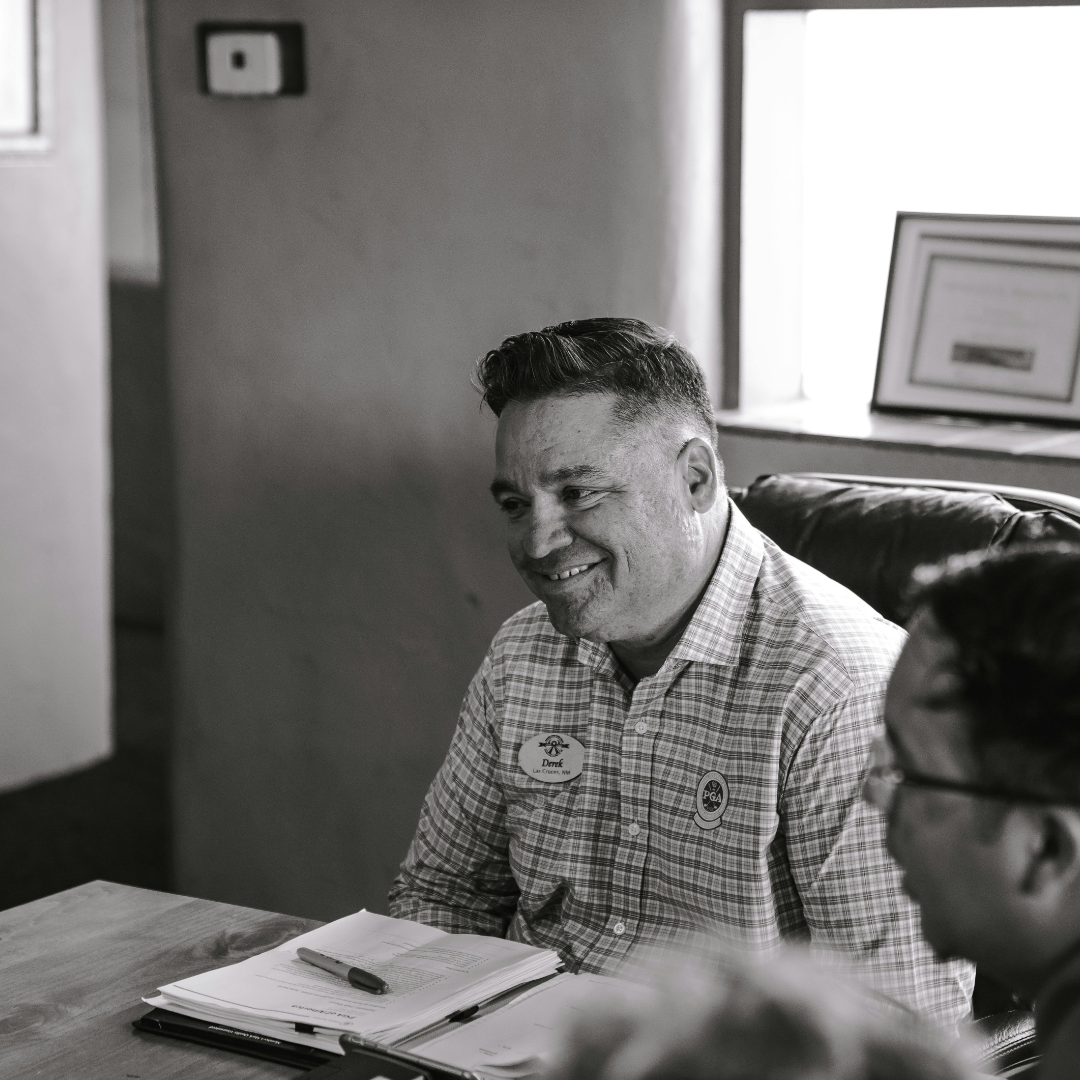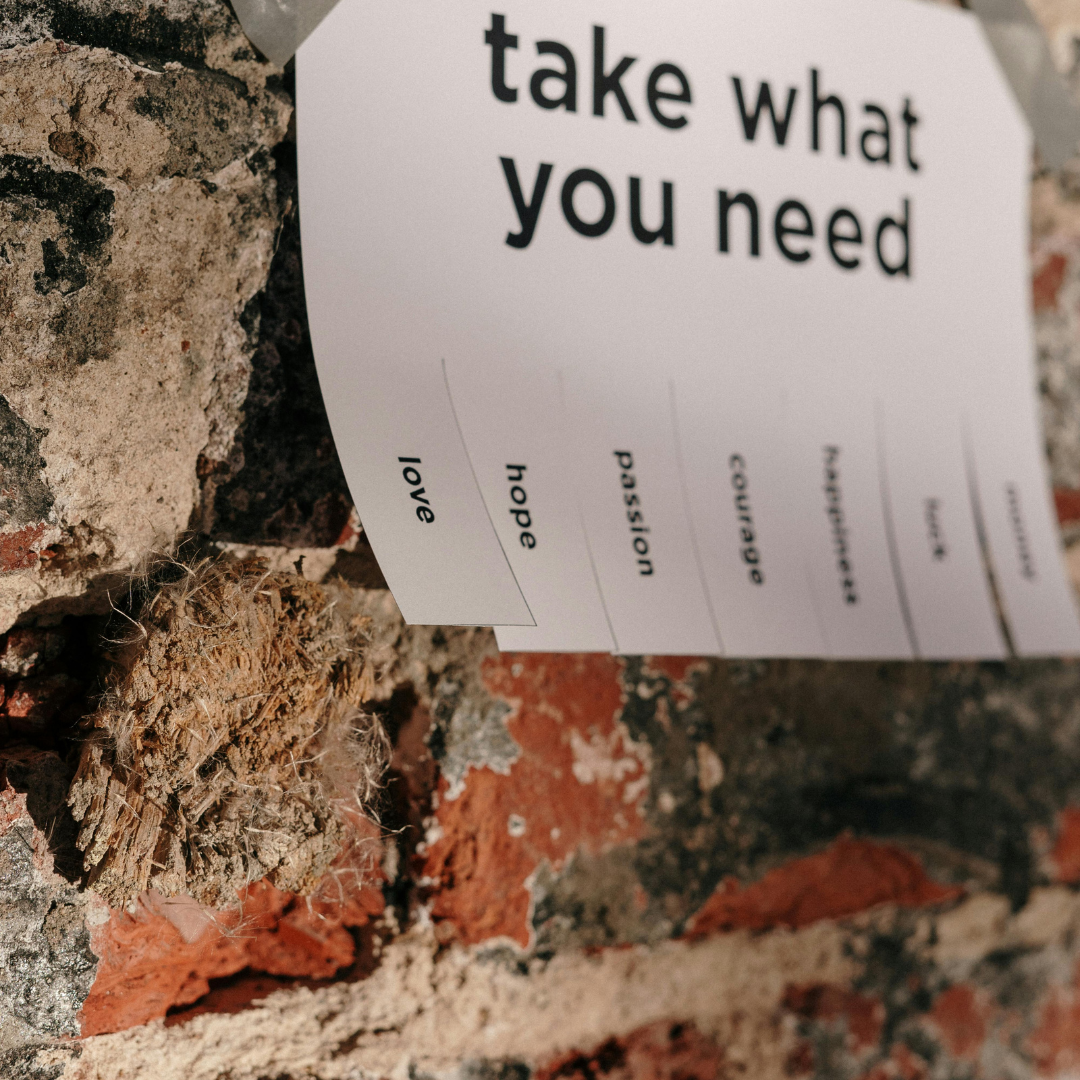10 Ways to Support a Loved One in Recovery

Supporting someone with an addiction can be one of the most challenging situations you may have had to overcome. The concept of how to support a loved one through the recovery process can be overwhelming and come with its own set of challenges. However, it is essential to know there is help available and that you are not alone. There is an entire community of people that have been affected by addiction who want to see their loved ones on the road to recovery.
If this situation resonates with you, then read on to learn 10 ways that you can support a loved one in recovery to help them live a happy and sober life.
1: Do Your Research
There is a ton of new research to be learned on drug and alcohol addiction. The more you know, the better prepared you will be to handle and deal with specific situations that might occur on this journey. It can also help you better understand how addiction affects a person’s behaviors, thoughts, and emotions. Knowledge is power, and the more you have, the more understanding you can become.
2: Attend Mutual Support Meetings
Support groups are a great way to encourage your loved one to build a supportive network of peers. It can also be an excellent way for you to see that you are not the only person going through these issues. By attending meetings, support groups, and group therapy sessions together, you can encourage healthy coping skills, meet new supportive people and gain helpful advice from others.
3: Set Boundaries
Often addiction can cause your loved one to act out of character. By setting clear boundaries, you stop the cycle of enabling your loved ones to hurt you or themselves in the future. Boundaries also create healthy expectations for everyone involved in the healing process and can create the foundation for a healthier relationship between the two of you.
4: Develop a Recovery Plan
A recovery plan is critical during this time and is extremely beneficial throughout the whole journey. One of the biggest reasons to develop a recovery plan is to set a clear path of recovery and expectations. Without a plan, the process can feel overwhelming and impossible, leading to increased stress and potential relapses.
5: Offer Help and Assistance
Offering your help and assistance when you can is a great way to support a loved one in recovery. This time in their lives can be difficult, and having someone there to help increases their chances of leading a healthy and sober life. It can also make difficult situations such as finding support groups, employment, or other scenarios easier to manage when they feel supported.
6: Respect
Being respectful to your loved one during this time is an easy way to show that you support them on their recovery journey. Even though addiction can create tension, negative feelings towards each other, and hurtful memories, it’s essential to work together to move towards a place of mutual respect. If you find this difficult, it may be best to talk about your feelings with one another during a group therapy session.
7: Do Not Dwell on the Past
You cannot move forward by dwelling on the past. Bringing up the past could trigger your loved one to relapse or not feel supported on their journey. By focusing on the future, you give them a chance to grow and become a better version of themselves.
8: Take Care of Yourself First
Helping your loved one can feel overwhelming, but it is essential to take care of yourself first before another person. When you can project strength, support, and love for yourself, you can do the same for others, not the other way around. If you ever feel overwhelmed by a situation, step back and take as much time as you need to reconnect with yourself. Understanding when you need an emotional break will make you stronger and help you set healthy boundaries.
9: Encourage Healthy Coping Skills
The best way to help your loved one stay on the path of recovery is to encourage healthy coping skills. A few ways of doing so could be to encourage them to explore their talents or participate in a hobby such as sports, art, or dance. Creating healthy coping skills makes it easier for someone in recovery to deal with potential triggers and stressful situations. Coping skills can also help to become a distraction from their addiction by focusing their mind on healthier thoughts and actions.
10: Understand the Signs and Triggers of a Relapse
Even though you may be doing your best to help your loved one on this journey, in the end, it is their responsibility to stay sober. Understanding their triggers can help you redirect their actions and emotions during times of high stress. Triggers can be different for each person; therefore, it is essential to discuss with your loved one potential triggers to help them avoid those situations and emotions.
Supporting a Loved One in Recovery: Conclusion
Across the country, families and friends of those suffering from addiction are doing their best to show their love and support for the ones that they love. It might not always be easy, but in the end, it is worth it to see your loved one lead a healthy and sober life. If someone you love is suffering from addiction, our professional staff at Serenity Springs Recovery Center is here to help. Call us today to begin the journey to recovery.




